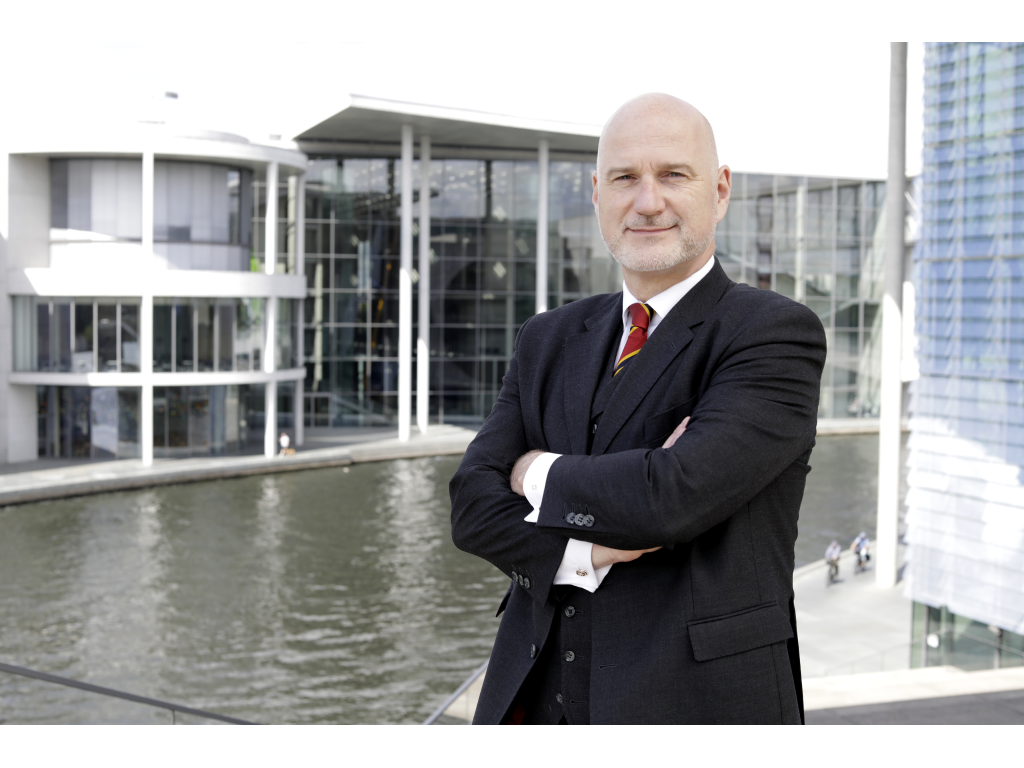Christian Seyfert, Managing Director of the VIK Verband der Industriellen Energie- und Kraftwirtschaft e.V. (Association of the Industrial Energy and Power Industry), criticises the elimination of the so-called peak compensation from the draft budget as a another severe blow to Germany as an industrial location.
Serious situation for energy-intensive industry
Due to the extreme increase in electricity costs by international standards, Seyfert said, production is already being shut down in many places. Permanent closures of sites are on the horizon. Instead of Germany, investments in foreign locations with better competitive conditions were announced. At the same time, Germany is in the middle of a recession that may last longer. Production costs and interest rates were rising and demand was falling.
“Instead of stabilising Germany, which is floundering as a business location, the federal government is surprisingly announcing a new burden here. That is dangerous,” says Christian Seyfert.
VIK demands extension of the peak compensation of one year
Due to its relieving effect on electricity prices, the peak compensation has been extended again and again in recent years, most recently until the end of 2023. The VIK is now calling for a further extension of one year:
“In the energy price crisis, another burden, especially for energy-intensive industries, is the completely wrong signal. The crisis will not be over next year either. Support is urgently needed to ensure planning security and not to further slow down companies in international competition,” says VIK Chief Executive Seyfert.
Removal of the peak compensation is a fire hazard
In concrete terms, the electricity tax is waived, refunded or reimbursed upon application in accordance with Section 10 (1) of the Electricity Tax Act (StromStG) if electricity is used by companies in the manufacturing sector for business purposes. In view of the enormous increases in electricity prices in recent years, this relief is still small – but it is nevertheless an effective step in the right direction. According to Seyfert, the abolition of peak compensation would be highly dangerous for the development of Germany as an industrial location and would undermine the industrial transformation towards climate neutrality that is actually intended. The transformation is taking place, but not in Germany.
Further information on the VIK AssociationWeitere Infos zum VIK Verband
